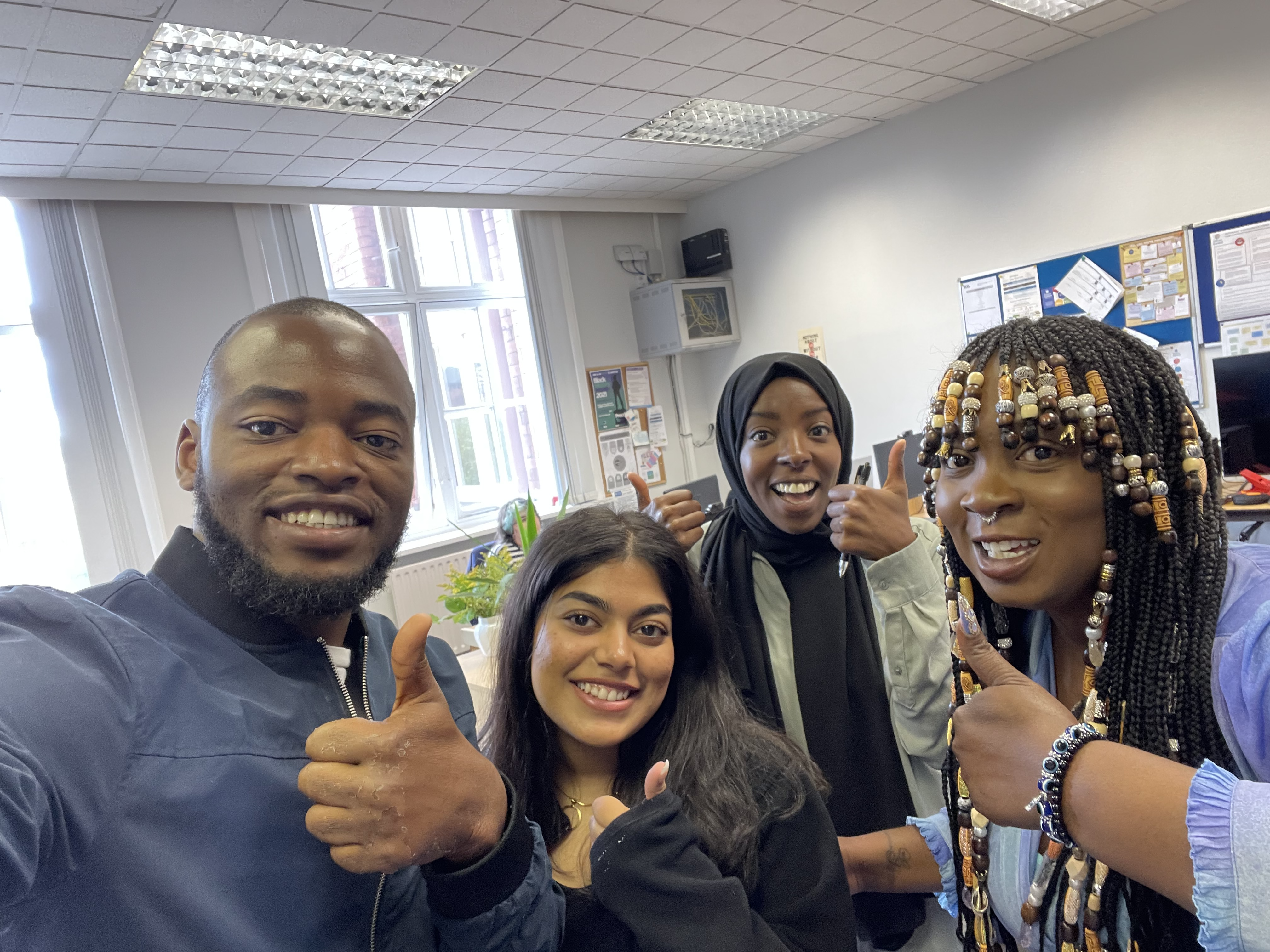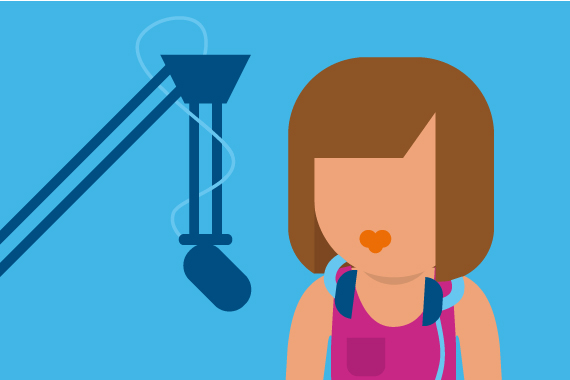Mental Health in black and minority ethnic communities
Recently, I was joined with Abdullah and Sienna from Young Black Minds to create a podcast on the attitudes towards mental health in BAME communities and the conversation was extremely insightful. It got me thinking back to my experiences of mental health and the attitudes towards mental health issues in the Indian and South Asian communities.
My first ever experience of the concept of mental health was at the age of 12, when a friend of mine was being taken out of her lessons at school every week to attend sessions of counselling provided by the school. I remember her telling me about her difficult home life but, up until that point, I had always assumed that when you are in a difficult situation, you need to deal with it yourself. The concept of getting help for the way that you feel was completely alien to me.
Coming from a South Asian background, there has always been a culture of only showing society the good parts of your life and hiding anything that is not considered proper or respectable. There have been countless times when I have seen family members deal with extremely difficult and traumatising situations on their own, refusing to get help under the fear of ‘what would other people think?’ and ‘what would other people say?’.
Naturally, this is an ideology that became ingrained in my mentality. Don’t talk about your feelings. If you are upset, it’s because you’re weak. Has someone or something made you feel sad/ angry /upset? Tough. Get over it.
This especially took a huge toll on my mental health after my grandfather, who I had been very close to, passed away. Not only that but no-one had thought to break the news to me until over two weeks after he had passed. I had to go to school the next day, pretending that I was completely fine.
As a 13 year old child, I was expected to recover from immense grief within one evening.
Of course, I didn’t. I felt betrayed and like I had no-one on my side, no-one I could talk to, no-one to guide me through the emotions that I was feeling. This experience, alongside other issues at home, caused me to spiral into a pit of self-harm and whatever self-esteem I had, plummeted.
I can’t help but think that if there had been less societal and cultural stigma around mental health in my family and community maybe my circumstances could have been very different. Perhaps if mental health was more openly talked about then I wouldn’t have felt the need to hide my feelings. Perhaps if I had received more education about mental health, I would’ve understood that my feelings were normal and valid. Perhaps if my parents had been educated on how to support them and myself during this difficult period, I could’ve had people to lean on. Perhaps if I had seen myself represented in the mental health community then I would’ve had the courage to say that I was struggling.
It’s sad to say that my experiences are far from unique. I have seen firsthand as well as heard countless stories of how mental health stigma in BAME communities have had devastating impacts on people throughout their lives. But this is why we need change.
In this podcast with Abdullah and Sienna, we talk about our experiences, traumas and the effects of stigma in the hopes that it reminds young people from similar backgrounds to us that they are not alone and maybe even encourages them to reach out for help.




Thankyou Pratyasha for allowing me and Abdullah to express our views on your podcast, I’m very inspired to keep talking about mental health and I hope we can meet again in the future 🙂